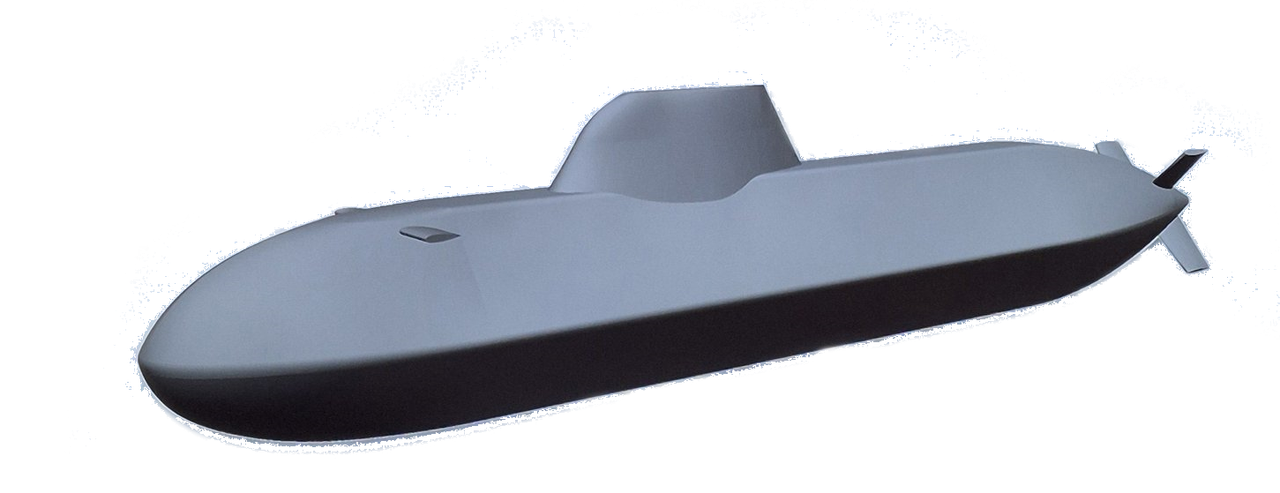SOURCE: AFI

The German shipbuilder ThyssenKrupp Marine Systems (TKMS) recently lost an international arbitration case concerning defective parts in the Son Won-il class submarines of the South Korean Navy. This legal victory has significant implications not only for South Korea but also for countries like India, which is considering German submarines for its Project-75(I) tender. With the global submarine market being worth tens of trillions of won, this arbitration outcome raises concerns about the reliability of foreign-built submarines and highlights the importance of seeking robust guarantees in future contracts.
The Son Won-il class submarines, a key part of South Korea’s naval fleet, have been in service since the early 2000s. However, after just a few years of operation, the submarines began to experience issues, particularly unusual noise generation, which severely hampered their stealth operations. Noise minimization is critical for submarine missions, and this problem rendered the vessels nearly useless. The controversy centered around whether the defects stemmed from faulty foreign parts, crew mishandling, or errors by the final assembly company, HD Hyundai Heavy Industries.
TKMS, which supplied the propulsion motors for the Son Won-il class submarines, initially filed a suit challenging the international arbitration ruling that favored South Korea. The arbitration court dismissed TKMS’s claims of procedural violations and unfairness, stating there was no basis for the lawsuit. Consequently, South Korea’s Defense Acquisition Program Administration (DAPA) is now expected to collect compensation of approximately 13.68 billion won for repair costs.
India is in the process of selecting a foreign partner for its highly anticipated Project-75(I) tender, which aims to build six advanced submarines for the Indian Navy. Germany’s TKMS, alongside other global defense contractors, is competing for this deal. The recent arbitration outcome in South Korea has raised concerns about the reliability of TKMS-built submarines and their foreign-sourced parts, potentially influencing India’s decision-making process.
India has already experienced significant delays in its previous submarine acquisition program. The Project-75 tender, under which France’s Naval Group was awarded a contract to build six Scorpène-class submarines, saw a delay of nearly seven years before the first vessel was delivered. These delays, coupled with the current controversy surrounding German submarines, highlight the need for India to be cautious and proactive in securing firm guarantees from any foreign supplier.
Assurances and Guarantees India Should Seek
International Arbitration Safeguards: In light of the recent arbitration case, India should ensure that any future contracts include detailed provisions for international arbitration in the event of disputes. A fair and transparent dispute resolution mechanism would provide India with the necessary legal recourse if issues with the submarines arise.
Comprehensive Warranty and Penalty Clauses: India should negotiate robust warranty and penalty clauses to ensure that any defects or malfunctions, particularly those involving critical components such as propulsion systems, are addressed promptly. Penalties should be enforced for delays or repeated issues in operational capabilities.
Technical Support and Accountability: The Indian government should seek guarantees that foreign parts, if used, meet the highest quality and operational standards. There should be a clear framework to hold suppliers accountable for any malfunctions, similar to the arbitration victory South Korea secured.
Maintenance and Repair Support: India should ensure that any future submarine contracts include provisions for long-term maintenance and repair support from the foreign supplier. This includes a commitment to providing spare parts and technical assistance for the lifetime of the submarine, ensuring that operational disruptions are minimized.
Domestic Manufacturing and Technology Transfer: India’s Project-75(I) tender emphasizes the importance of indigenous manufacturing and technology transfer. The Indian government should push for a higher degree of local production and assembly to reduce dependence on foreign parts, which could be more prone to defects. Additionally, technology transfer would allow India to maintain and repair the submarines independently in the future.
Performance Guarantees: To avoid issues like those seen with the Son Won-il class submarines, India should require performance guarantees that include testing of the submarine’s stealth capabilities and noise levels before full operational deployment. Such guarantees would ensure that the submarines meet the operational requirements of the Indian Navy.